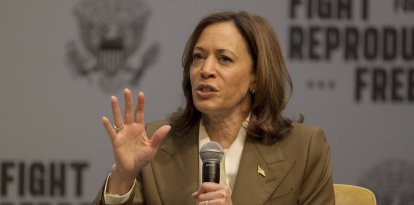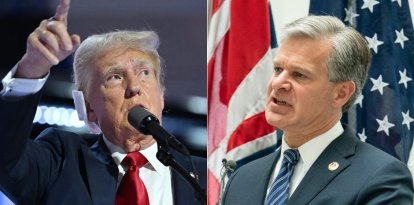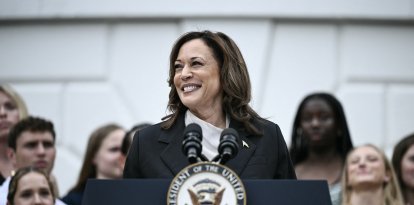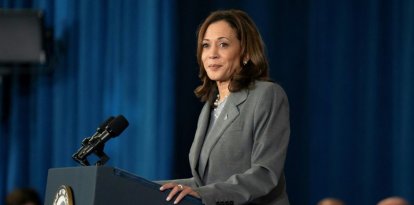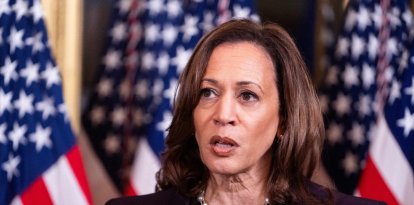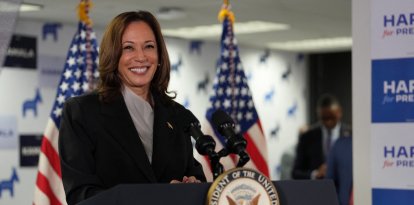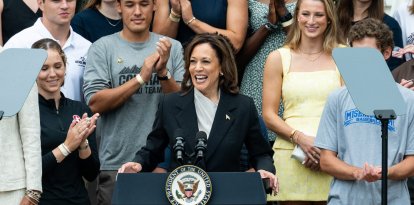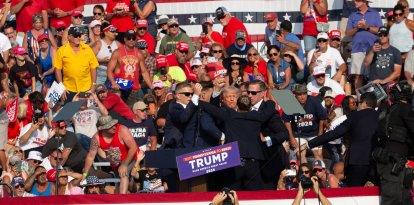Senate seeks to ban individual stock purchases from Congress and White House
The bipartisan bill is led by Josh Hawley (R-MO) and Kirsten Gillibrand (D-NY).
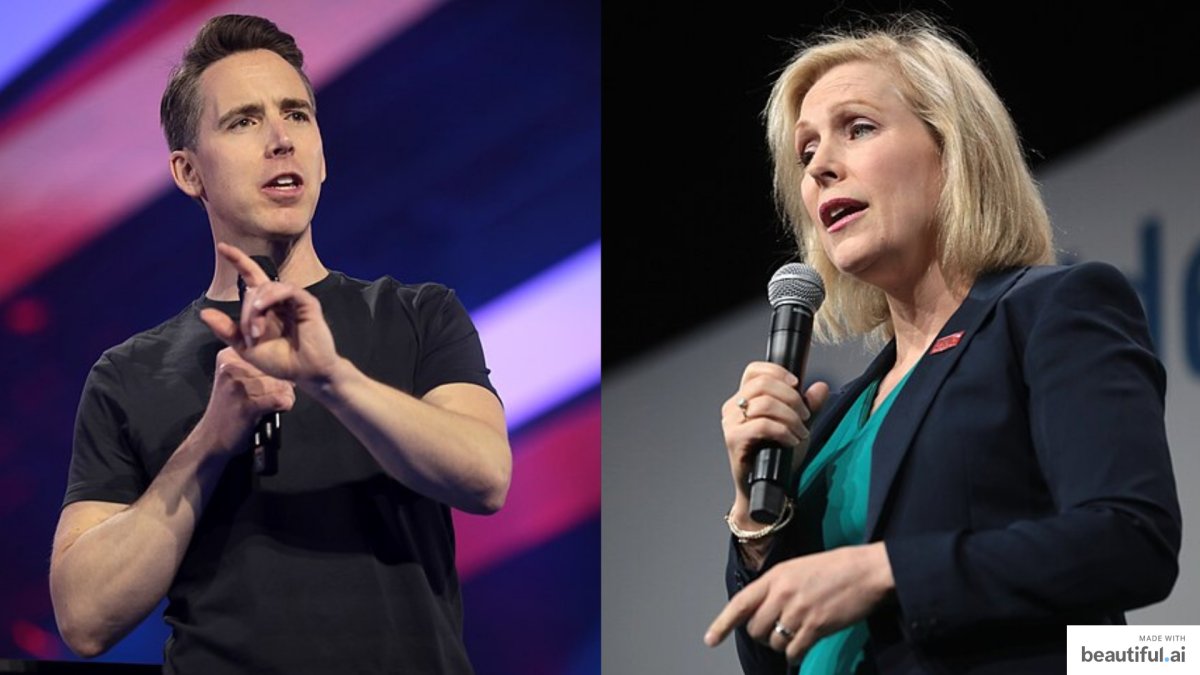
Josh Hawley-Kirsten Gillibrand/Wikimedia Commons
A Senate bill seeks to prohibit individual stock purchases by members of Congress and the White House. Described by some as"the most substantive bipartisan effort to date," it is being led by Josh Hawley (R-MO) and Kirsten Gillibrand (D-NY), who are already seeking consensus to pass the bill into action.
The legislation would directly prohibit trading or ownership of shares and impose heavy penalties on executive officers who trade shares, including in a blind trust. In addition, if it moves forward, it will require reporting federal benefits to officials, including loans, agreements, contracts, grants and payments.
It would also create public, searchable databases of personal financial disclosure reports and filings, always in accordance with the STOCK Act. Enacted in 2012, it prohibits members of Congress from trading with the knowledge of non-public information they receive as part of their jobs.
Gillibrand states, "It is critical that the American people know that their elected leaders are putting the public first — not looking for ways to line their own pockets." "Sunlight is the best disinfectant," she added.
"Politicians and public officials should not be spending their time trading and trying to profit at the expense of the American public, but that is exactly what many are doing," Hawley added.
The bill would also increase the penalty for failure to file STOCK Act reports from 200 to $500 in fines while imposing another fee of at least 10% of the value of prohibited investments for members of Congress who violate the rule.
The initiative was endorsed in a recent survey conducted by the Public Consultation Program of the University of Maryland School of Public Policy. According to the 2,625 registered voters surveyed, members of Congress and family members should not be able to purchase individual shares.
Eighty-six percent favored legislation to ban this, and the issue broke across the bipartisan divide. Eighty-seven percent of Republicans and 88 percent of Democrats agreed with Hawley and Gillibrand.
On banning all federal employees from trading individual stocks, the poll showed that 40% agreed, which breaks down to 42 % of Republicans and 37 % of Democrats.













